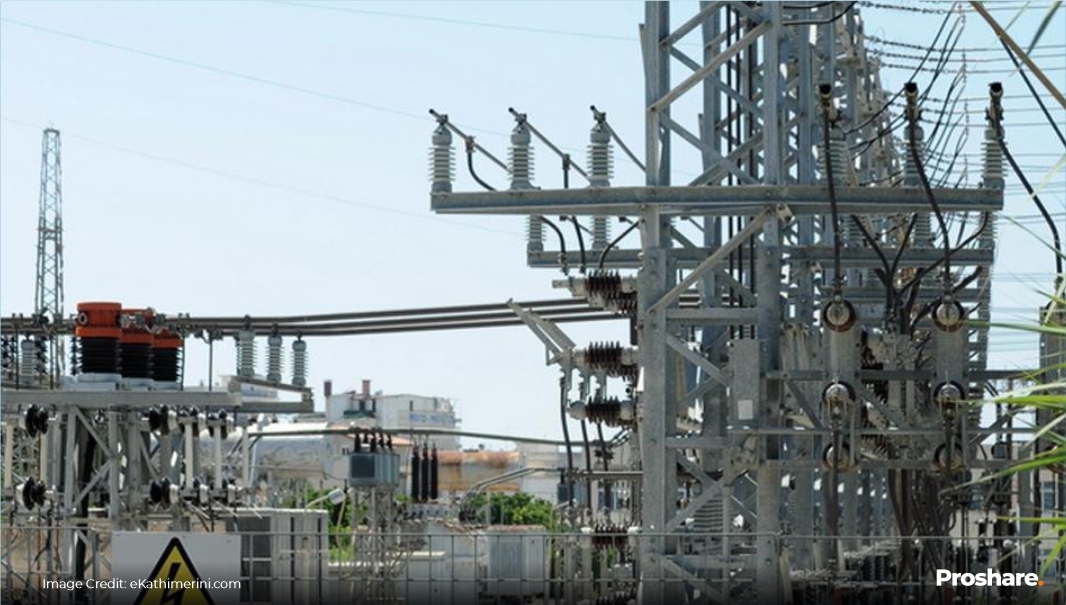Lagos State has solidified its status as one of Africa’s leading economic powerhouses, with its Gross Domestic Product reaching an impressive $259 billion based on purchasing power parity.
This achievement positions Lagos as the continent’s second-largest city economy, following Cairo, Egypt.
The announcement was made during the official launch of the Lagos Economic Development Update (LEDU) 2025 on Wednesday, highlighting the state’s remarkable economic strides.
According to the report, Lagos State’s economy experienced notable growth in the first half of 2024, expanding to N27.38 trillion — a significant rise from N19.65 trillion in 2023. This surge underscores the resilience of Nigeria’s commercial capital, driven by ongoing economic reforms and infrastructural investments.
Despite this growth, the state’s tax-to-GDP ratio remains low at 2.3%, signaling the need for improved revenue mobilization strategies to sustain economic momentum.
The Lagos State government has laid out ambitious economic projections for the 2025 fiscal year, aiming for continued expansion and stability.
The state’s GDP is forecast to grow from N54.77 trillion in 2024 to N66.47 trillion in 2025, with real GDP growth expected to range between 5.02% and 6.49%. The service sector is anticipated to maintain its upward trajectory, supported by growth in agriculture and industrial production. Economic stability is also expected to benefit from lower petrol prices and a more stable naira/dollar exchange rate. Headline inflation is projected at 34.2%, with food inflation slightly higher at 34.9%. The Lagos State Government expects to generate N2.79 trillion in revenue for 2025, underscoring the importance of fiscal discipline and diversifying revenue streams.
Lagos remains a prime destination for investors seeking to leverage Nigeria’s dynamic economy. The state’s consistent economic growth, alongside strategic policy measures, presents lucrative opportunities across infrastructure development, technology, real estate, and manufacturing.
However, analysts caution that despite Lagos’s economic size, challenges such as high inflation, currency volatility, and infrastructure deficits must be addressed to ensure sustainable long-term growth.
Meanwhile, the National Bureau of Statistics plans to rebase Nigeria’s Gross Domestic Product this year, updating the base year from 2010 to 2019.
With Lagos leading the charge, Nigeria’s economic outlook appears poised for further transformation and growth.










